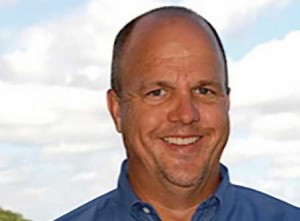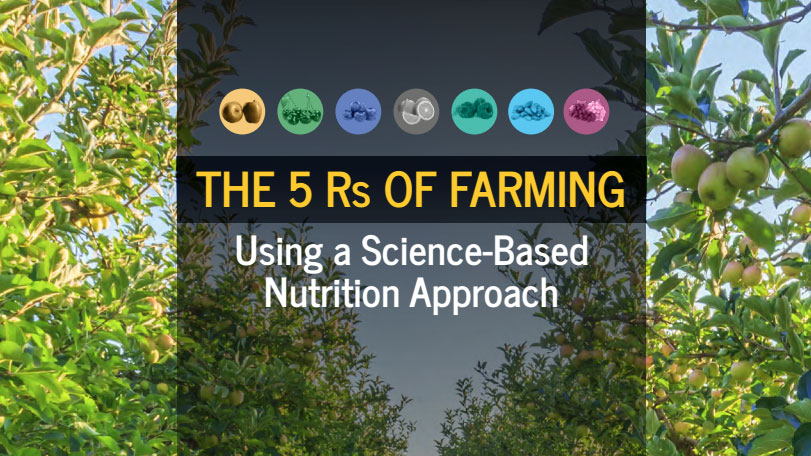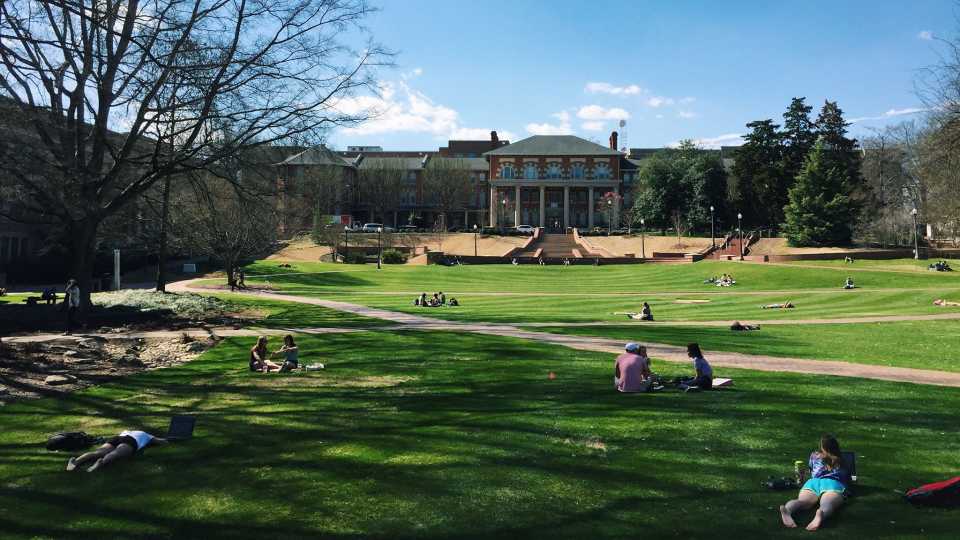Politics Creating More Work In Farm Management Field
Four questions with Paul Meador, co-owner of LaBelle, FL-based Everglades Harvesting Co.
 1. Do you follow the immigration reform debate and do you believe any action will occur this year?
1. Do you follow the immigration reform debate and do you believe any action will occur this year?
Meador: I follow the immigration debate very closely, and it doesn’t look like there is much hope for reform this year. But, I guess you never say never. We employee more than 400 seasonal workers through the H-2A program. We have had just about every complication you could think of from the government shutting down and not letting us bring in our workers in a timely manner to having red-tape changes slow us down in the middle of the application process.
My desire is there will be some solutions arrived at around immigration. But quite honestly, we’ve been talking about this problem for 20 years with no action. I remain hopeful that minds will come together in the near future for answers that is good for everyone.
2. What do you say to those who believe the domestic labor supply should perform jobs such as harvesting crops?
Meador: I’d say that 70% or more of the state’s citrus crop was harvested by H-2A labor this past season. That is because there is no domestic labor supply available to harvest agricultural commodities right now. Especially in Florida, with the economy ramping back up, there are a lot of opportunities for documented workers to find other jobs. The H-2A program allows you to plan and is a means to control the amount of harvesting you are doing in a timely manner with more quality workers. Though the costs are higher, I think at the end of the day, you have some gains in productivity and peace of mind you are doing things the right way.
3. Being out in numerous citrus groves caretaking and harvesting, how would you describe the status of HLB in your area?
Meador: I will answer this very broadly because there are several things going on in our area (Southwest Florida) differently than in other parts of the state. One is that in the early 1980s, everyone was aggressively planting in this area on very similar rootstocks. Today, all those trees have reached their mature lifespan and many are dying of things like blight and general tree stress, which is enhanced by greening. It has made for the perfect storm in this area.
The upside of this was we already were resetting trees because our groves were mature and starting to decline at the same time as greening came on the scene. We recognized we had greening early and became very aggressive with coordinating aerial and ground sprays to control the psyllid. I think this gave us a bit of an advantage to get a little ahead of the curve with greening.
The groves we manage and harvest are starting to see an upswing in production. Hopefully, this coming season, many of the groves we are involved with will see an increase as these new trees come into production.
4. Are you concerned about the implications of the Affordable Care Act?
Meador: The new health care standard could be a real problem. First of all, H-2A is subject to the adverse minimum wage rate, which we pay already. Then we are responsible for their housing and transportation. These workers are our responsibility 24 hours per day, and they are covered under our worker’s compensation. These are seasonal workers only here for a few months, but it appears we will have to pay for their health insurance under the Affordable Care Act. If that is the case, it will add at least 10% or more to the overhead of our business, and we just don’t have that money.









